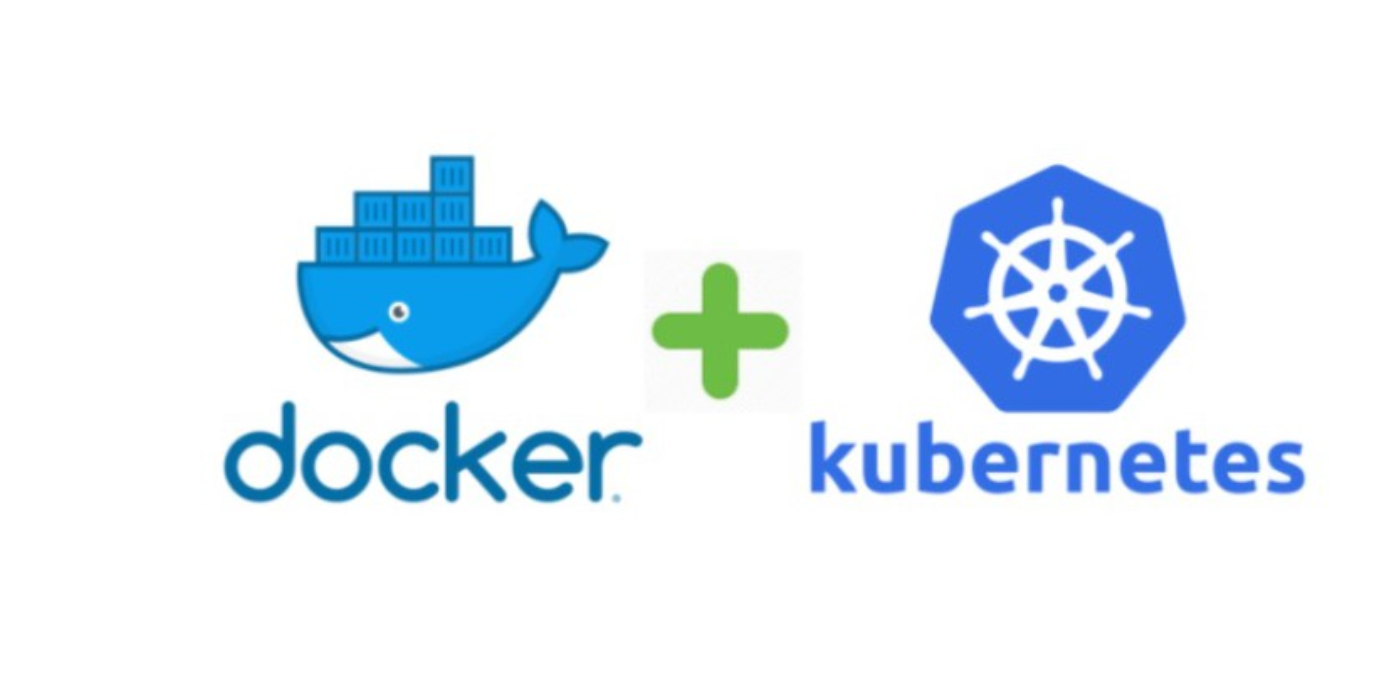In terms of containerized applications, Docker with Kubernetes is second to none across the rapidly changing web-hosting environment today. In this comprehensive study, Docker and Kubernetes are discussed, detailing exactly how they work together and why they top the list of choices for modern web hosting solutions.
Of late, containers have served as the game changer with the fading context of web hosting and application deployment. Enforcing great benefits over conventional virtualization techniques makes them most noticeable. Such technologies like Docker and Kubernetes, which have massive domination in this field, stipulate advances in areas of application development, deployment, and management. With Docker and Kubernetes in mind, this post examines the pros of container-based docker web hosting and how they may enhance your experience when using web hosting.
What is Docker?
Understanding Docker
Docker is a containerization platform that simplifies the creation, deployment, and running of applications within containers. These containers bundle all necessary components—code, runtime, libraries, and system tools—ensuring consistent performance across various computing environments.
Key Advantages of Docker
What is Kubernetes?
Understanding Kubernetes
Kubernetes, also known as K8s, is an open-source platform designed to automate the deployment, scaling, and management of containerized applications. Developed by Google, Kubernetes has become the industry standard for container orchestration.
Key Features of Kubernetes
Docker and Kubernetes: A Powerful Combination
While Docker manages the packaging and distribution of applications, Kubernetes handles deployment and management at scale. Together, they offer a robust solution for web hosting, capable of managing the complexities of modern applications.
How Docker and Kubernetes Work Together
Benefits of Docker with Kubernetes Web Hosting
Scalability
Kubernetes automates the distribution and scheduling of containers across a cluster, optimizing resource use and ensuring that your applications can scale seamlessly as demand increases.
High Availability
Kubernetes’ self-healing capabilities, such as auto-restarting, auto-replication, and auto-scaling, ensure that your applications remain available and performant, even in the face of hardware or software failures.
Resource Efficiency
By efficiently managing resources, Kubernetes reduces costs and improves performance, ensuring that your applications use computing power effectively without unnecessary waste.
Consistency Across Environments
Docker containers encapsulate applications and their dependencies, providing consistency across development, testing, and production environments, which simplifies the deployment process and reduces the risk of bugs.
How to Get Started with Docker and Kubernetes
Step 1: Learn the Basics
Start by familiarizing yourself with Docker and Kubernetes through official documentation and online resources.
Step 2: Set Up a Development Environment
Install Docker and Kubernetes on your local machine or use managed services like Google Kubernetes Engine (GKE) or Amazon Elastic Kubernetes Service (EKS).
Step 3: Containerize Your Application
Begin by containerizing a simple application using Docker to understand the containerization process.
Step 4: Deploy with Kubernetes
Create a Kubernetes cluster and deploy your Docker container using Kubernetes manifests.
Step 5: Scale and Manage
Explore Kubernetes features such as scaling, rolling updates, and monitoring to manage your application effectively.
Choosing the Right Web Host
This is where managed hosting providers can help with Docker and Kubernetes management. An example of such a managed hosting provider is Rocon and Kinsta. In this case, these fully managed Kubernetes platform releases deployment, management, and scaling up or down of your containerized applications fast while you focus on the actual development.
Why Rocon or Kinsta for Docker with Kubernetes Web Hosting? Which One is a Better Choice?
Fully Managed Service: Both Platforms manage your underlying infrastructure so you can focus on what matters most, your applications.
High performance: Optimized hardware and improved networking ensure that your applications run without a hitch in both platforms.
Scalability: Built-in automatic scaling feature where resources can be scaled up or down as needed.
Backups: Automated daily backups with easy restore possible.
Security: The hardcore security of Rocon and Kinsta sets it apart with a free CDN and WAF, daily malware scans, and DDoS protection.
Expert Support: Get assisted by the team of experts in no-time.
Cost-Effective Solutions: The only difference is that the plans offered by container-based hosting of Rocon start from as low as $1.99 per month and Kinsta is $35/month, hence making Rocon an extremely affordable solution for business concerns of all sizes and scales.
Starter Plan of Kinsta:
Starter Plan of Rocon:
What have we learned?
The work is grounded on the fact that Docker with Kubernetes web hosting, is able to provide robust, scaled, and efficient ways of managing web hosting. You can have high availability, effective resources, and consistent development environments using Kubernetes for orchestration and Docker for containerization. Managed services like Rocon further ease the pains of Kubernetes management complexity, letting one focus efforts on building and optimizing applications.



